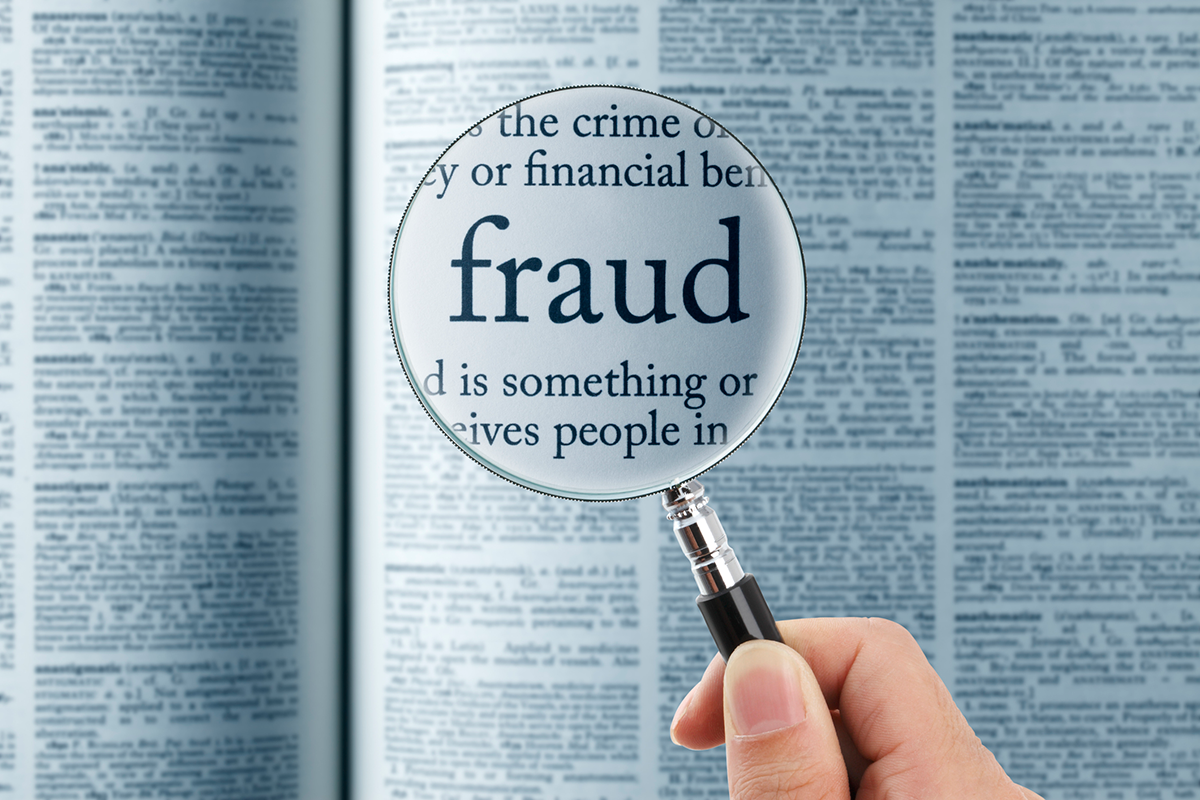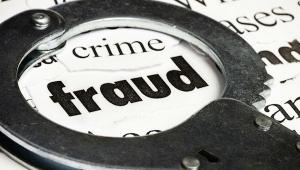
Reports of bribery and corruption within the health service are very low, but this is not a “true reflection” of the prevalence of these crime in the NHS, the Lords committee on the Bribery Act 2010 was told on Tuesday.
Richard Rippin, head of operations NHS Counter Fraud Authority, told the committee: “The specific reporting of bribery matters, and the investigation of bribery matters has been exceptionally low in comparison to what we consider the threat to be.”
Eddie McGinney, fraud specialist at NHS Counter Fraud Service Scotland, who also appeared before the committee, said that although reports of corruption and bribery were “historically low” it was not likely to be an “accurate reflection” of the prevalence of this type of crime.
The numbers were low because they were not being reported, not because they were not happening, he suggested.
Rippin noted that the NHSCFA can only respond to those cases which are reported to the body and so cases can be missed.
“We haven’t seen a significant volume of reporting of bribery offences across the NHS. Therefore our ability to act is limited,” Rippin admitted.
He noted that some in some cases where the crime was reported to a health body they were not passing the information onto the NHSCFA.
Rippin said: “We can’t compel every single health body to refer every single matter to ourselves, but they are expected to follow a range of procedures to do so”.
Each individual health body across England has a designated counter fraud force that will investigate fraud and economic crime.
Rippin noted that the awareness of the work done by NHSCFA was not particularly well-known.
He said: “I think, generically within the NHS, in terms of the investigative service, there has been a lower level of understanding of it and its implications”.
Rippin added: “Fraud is a significant risk across the economy. Fraud in itself, across the economy, is an underreported matter”.
The NHSCFA calculated that fraud costs the NHS £1.29bn each year, in its annual report and accounts – enough to pay for more than 40,000 staff nurses or to buy 5,000 ambulances.
On average, the NHSCFA receives between 5,000 to 6,000 reports of economic crime every year.
It is the national body responsible for identifying, investigating and preventing fraud and other economic crime within the NHS in England and Wales.
Earlier this year, NHS Tayside in Scotland was found to have used £2m in charitable donations to go towards day-to-day running costs.











